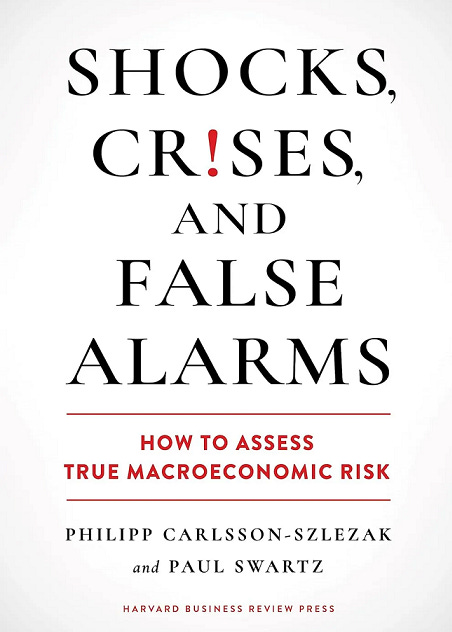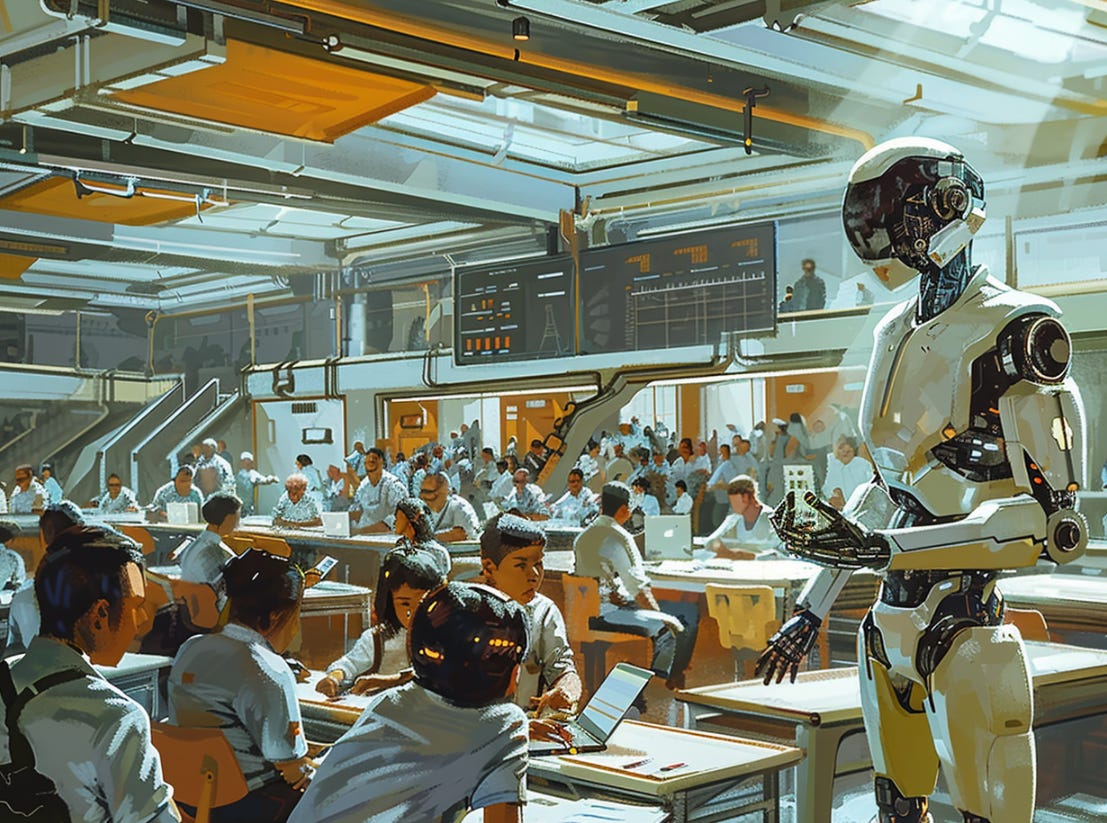🌐 My chat (+transcript) with defense policy analyst Todd Harrison on the US Space Force
Description
The US Space Force, the newest branch of the American military, takes national defense to a new frontier. Here on Faster, Please! — The Podcast, I sit down with AEI senior fellow Todd Harrison to discuss the state of the Space Force and its evolving mission.
Harrison has served as senior vice president and head of research at Metrea, a defense consulting firm, been a senior fellow for defense budget strategies at the Center for Strategic and Budgetary Assessments, directed the Defense Budget Analysis and Aerospace Security Project at the Center for Strategic and International Studies, and served as a captain in the US Air Force Reserve.
In This Episode
* Creating the Space Force (0:53 )
* A New Kind of Warfare (9:15 )
* Defining the Mission (11:40 )
* Conflict and Competition in Space (15:34 )
* The Danger of Space Debris (20:11 )
Below is a lightly edited transcript of our conversation
Creating the Space Force (0:53 )
Pethokoukis: I was recently looking at an image that showed the increase in the number of satellites around the earth, and it's been a massive increase; I imagine a lot of it has to do with SpaceX putting up satellites, and it's really almost like—I think to an extent that most people don't understand; between government, military, and a lot of commercial satellites—it's really like the earth is surrounded by this information shell. And when looking at that, I couldn't help but think, “Yeah, it kind of seems like we would need a Space Force or something to keep an eye on that and protect that.” And I know there was a lot of controversy, if I'm not mistaken, like, “Why do we need this extra branch of government?” Is that controversy about why we need a Space Force, is that still an active issue and what are your thoughts?
Harrison: To start with where you started, yes. The number of satellites in space has been growing literally exponentially in the past few years. I'll just throw a few numbers out there: In 2023 alone, about 2,800 new satellites were launched, and in that one year it increased the total number of satellites on the orbit by 22 percent, just in one year. And all the projections are that the number of satellites, number of launches, are going to keep growing at a pace like that for the foreseeable future, for the next several years. A lot is going into space, and we know from all other domains that where commerce goes conflict will follow. And we are seeing that in space as well.
Like the Navy protecting the shipping lanes.
Yeah, exactly. So we know that to a certain extent that's inevitable. There will be points of contention, points of conflict, but we've already seen that in space just with the military dimension of our space. Back in 2007, I think a lot of the world woke up to the fact that space is a contested environment when the Chinese tested an anti-satellite weapon, which, by the way, produced thousands of pieces of space debris that are still in orbit today. More than 2,600 pieces of debris are still in orbit from that one Chinese ASAT test. And, of course, that was just one demonstration of counter-space capabilities. Space has been a contested war fighting domain, really, since the beginning of the Space Age. The first anti-satellite test was in 1959, and so it has become increasingly important for economic reasons, but also for military reasons. Now, when the Space Force debate kicked into high gear, I think it took a lot of people who weren't involved in military space, I think it took a lot of people by surprise that we were having this debate.
Yeah, it really seemed like it came out of nowhere, I think probably for 99 percent of people who aren't professionals tracking the issue.
In reality, that debate, it started in the 1990s, and there was a senator from up in New Hampshire who had written a journal article basically talking about, “Hey, we need to separate space into its own military service.” You had the Air Force chief of staff at the time in the mid-1990s, General Ron Fogleman. He said that the Air Force should eventually become an Air and Space Force, and then one day a Space and Air Force. So you had the seeds of it happening in the ’90s. Then you had Congress wanting to look at, “Okay, how do we do this? How do we reorganize military space?” They created a commission that was led by Donald Rumsfeld before he became Secretary of Defense for the second time. That commission issued its report in 2001, and it recommended a bunch of reforms, but it said in the midterm, in five to 10 years we should create a separate military service for space, something like a Space Corps.
Nothing happened, even though Rumsfeld then became Secretary of Defense. We kind of took our focus off of it for a while, there were a few other studies that went on, and then in 2016, two members of Congress, a Republican and a Democrat, Mike Rogers and Jim Cooper, who were on the House Armed Services Committee, they took this issue up. They got so fed up with the oversight of looking at how the Air Force was shortchanging space in many ways in terms of personnel and training and funding and modernization, that they then put a provision into the 2017 National Defense Authorization Act that would've created a Space Corps, they called it: a separate military service for space. And that bill actually passed the full House of Representatives.
The Senate did not have a similar provision in their bill, so it died. It didn't make it into law—but then, all of a sudden, a couple of years later, President Trump, pretty much out of the blue floats this idea of creating a Space Force, and he did it at a rally that was at a Marine Corps base out in California, and, for some reason, it caught on with Trump. And then you already had the votes, a bipartisan group in the House of Representatives who had already pushed this, and so it started to gain momentum.
It was very controversial at the time. The secretary of the Air Force at that time was adamantly opposed to it. Eventually, Trump forced it on the civilian establishment at DoD, and Congress ultimately enacted it, and the Space Force became a military service in December… I think December 20th, 2019. Now, there was some question, will the Biden administration keep it?
Is this here to stay?
It is written into law, so a president cannot unilaterally take it away, and, at this point, it's got its own roots in the ground and the Space Force is not going anywhere.
A little bit off topic, but was there a similar debate when they separated the Air Force out of the Army?
There was, yeah, and it lasted for a long time. So you had folks like Billy Mitchell who were in the Army Air Corps way back before World War II—I think in the late ’20s, early ’30s—they were advocating for a separate military service for Air. And I believe Billy Mitchell actually got court marshaled because he disobeyed orders from a superior about advocating for this with Congress.
And so the idea of a separate service for Air pretty much died out until World War II hit. And, of course, that was a war that we were brought into it by an attack that came from the air, and that really brought air power into full effect in terms of a major component of military power. So then, at the end of World War II, the Air Power advocates got together, they created the Air Force Association to advocate for a separate military service and they got it in the National Security Reform Act in 1947, I think the
























